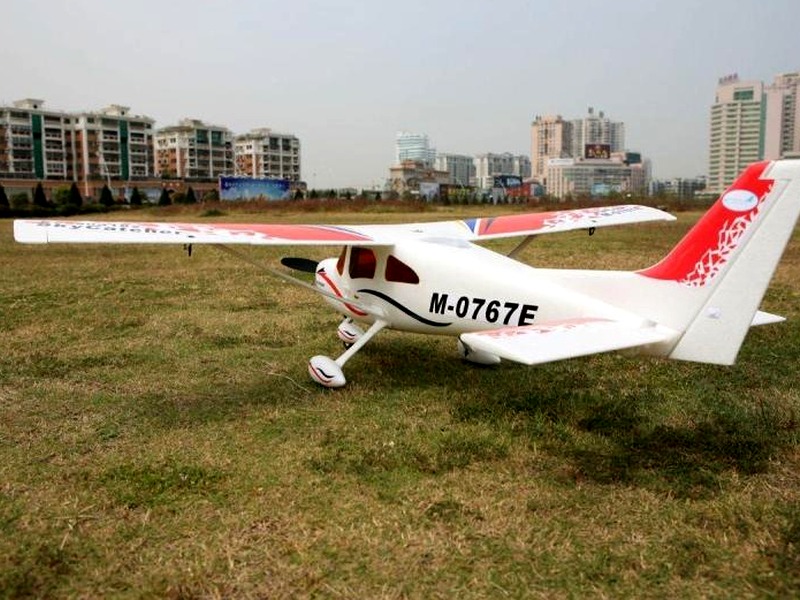Can pilots disobey ATC?

Yes, pilots can disobey ATC (Air Traffic Control) instructions, but it is not advisable except in cases of emergency. ATC instructions are designed to ensure the safety of all aircraft in the airspace, and any deviation from an ATC instruction could lead to a dangerous situation.
When a pilot receives an ATC instruction, they must comply with it unless they have a valid reason not to. A valid reason could include an emergency situation or a mechanical issue with the aircraft. In such cases, the pilot must inform ATC of the reason for their decision.
In some cases, a pilot may feel that an ATC instruction is incorrect or might not be the safest course of action. In such cases, the pilot should contact ATC to discuss their concerns and explain why they feel the instruction should not be followed. If ATC agrees, they may modify the instruction or provide an alternative course of action.
In cases where the pilot feels that an ATC instruction is incorrect and ATC does not agree, the pilot can still decide to disobey the instruction. However, this should only be done as a last resort, and the pilot should be aware of the risks involved. Disobeying an ATC instruction could result in legal action, fines, or even the suspension of the pilot's license.
In addition, it is important to remember that ATC is responsible for the safety of all aircraft in the airspace. If a pilot disobeys an ATC instruction, they are endangering not only their own aircraft but also other aircraft in the vicinity. This could lead to a dangerous situation, and the pilot must be aware of the consequences of their actions.
In conclusion, while a pilot can disobey an ATC instruction in some cases, it is not advisable unless it is an emergency situation or the pilot has a valid reason to do so. The pilot must also be aware of the risks involved, as disobeying an ATC instruction could lead to legal action and fines.

